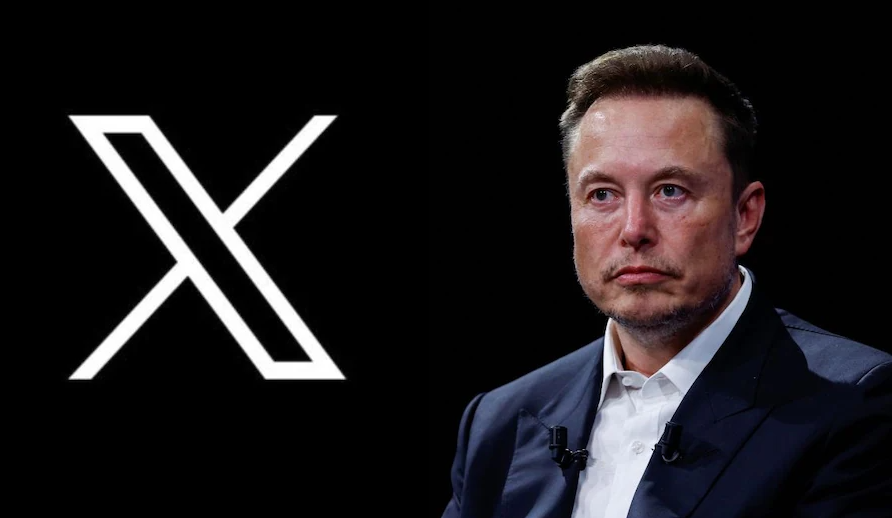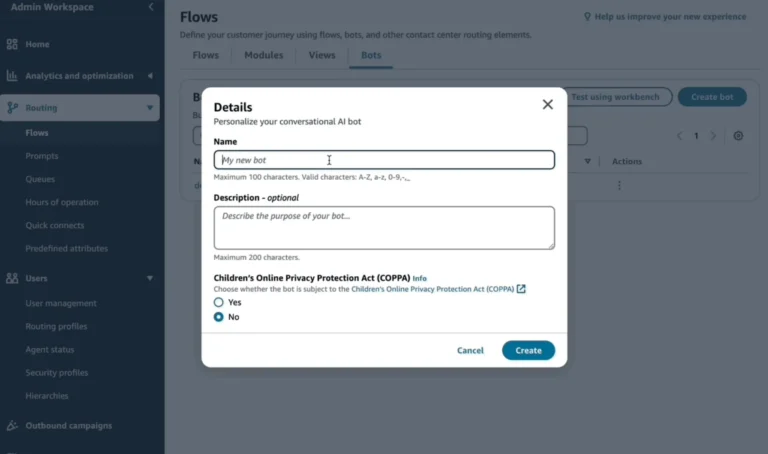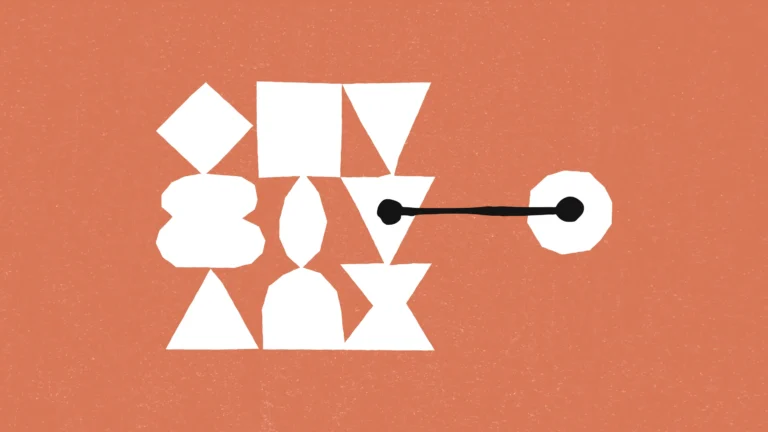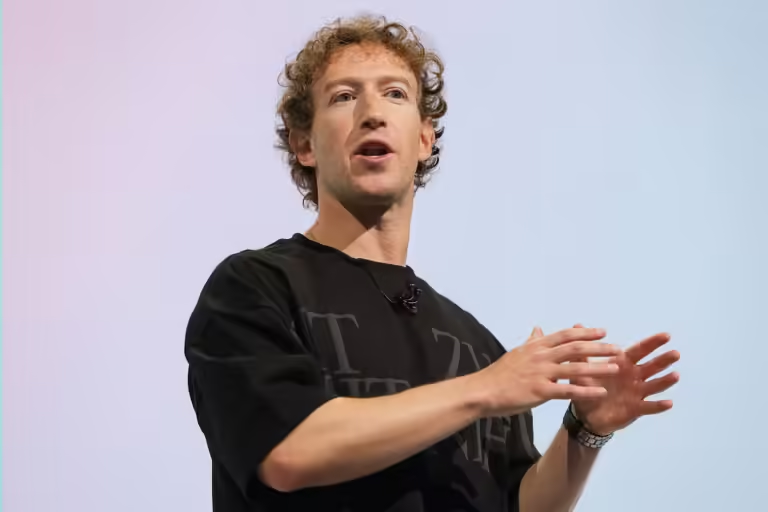Elon Musk’s Twitter, now renamed to social network X, has filed a lawsuit against the state of California challenging a newly enacted law aimed at enforcing measures against manipulated content related to elections, such as deepfakes. This week, the lawsuit was filed in federal court challenging a new law set to take effect January 1, 2024. The law will make it compulsory to either remove or provide adequate labels on the harmful content altered or generated through artificial intelligence, most notably classified deepfakes.

Deepfakes, Election Content
Signed by California Governor Gavin Newsom this year, three bills target deepfake videos, images, and audio files as a form of manipulated media files aimed at making it seem someone said or did something they never did, commonly spreading misinformation, especially when linked to elections. This new legislation attempts to thwart the manipulative use of media to mislead the electorates of the United States through the 2024 presidential election campaign.
This zeroes in on manipulated content in media intended to deceive or mislead voters in the context of an election cycle. It sought to oblige platforms such as X, Facebook, and others to either take down the content or identify it properly. California lawmakers expressed concerns over the devastating effects that deepfakes, and content of similar manipulations might bring to the integrity of the election when incorrect or misleading information related to candidates, political events, or issues is disseminated.
The law, however, came under criticism from tech companies and free speech advocates, who warn that it has unintended consequences on free flow information. It is such a regulation that may result in the over-censorship of legitimate political speech and commentary, particularly given the highly sensitive and polarized landscape of election discourse.
X’s Legal Challenge
X’s complaint claims that such a new law violates First Amendment rights and would supposedly scare social media companies into believing that the volumes of legitimate political content which dot their sites could give rise to violations of this new law. Here, the firm argues that even valid content relating to an election may be removed or tagged by the platforms, as they err on the side of caution and remove anything that could be deemed misleading or controversial.
“By imposing these labeling and removal requirements, this law will inevitably result in the censorship of wide swaths of valuable political speech and commentary,” the lawsuit says. X is seeking a preliminary injunction to block the law from going into effect, arguing it is unconstitutional and violates Section 230 of the Communications Decency Act, which generally shields online platforms from liability for content posted by their users.
X is filing a complaint against California’s Attorney General Rob Bonta and Secretary of State Shirley Weber in a bid to have a permanent injunction issued blocking enforcement of the new law. The complaint argues that the law would irremediably harm the platforms and their users in that it compels the platforms to engage in speech suppression measures violating constitutional rights.
Argument of California and Legislative Intent
California’s Department of Justice, headed by Attorney General Bonta, vowed to strongly stand by the new law in court. “We are committed to fighting online misinformation and will continue to protect and support AB 2655 as it advances our state’s protection of the electoral process,” said an official from the department in a statement.
The law’s sponsor, Assemblymember Marc Berman (D-Menlo Park), lashed back at AB 2655 in a statement, saying he attempted to work collaboratively with X representatives before the legislation passed. “Before voting on this legislation, I personally reached out to X to understand their concerns and suggestions for this law,” Berman said. “This indicates the company was afforded opportunities to participate in the legislative process .”.
This will clamp down on the precipitous and destructive effects of deepfakes, and various nefarious purposes it can serve to propagate misinformation, deceive electors, or even erode public confidence in the electoral process,” Berman wrote. “This law was written in the people’s interest, and it will protect the democratic process and its integrity.”.
Introduced after several highly publicized cases where deepfake technology manipulated political content, AB 2655 follows a viral deepfake video circulated by Elon Musk in which Vice President Kamala Harris was manipulated using AI to state statements she never made in a campaign ad. Another manifestation of the use of deepfake involved images associated with pop star Taylor Swift. She deepfaked images associated with her were used by Donald Trump’s supporters to label that she has endorsed Trump for president.
These set off the anxiety of politicians who cared about how widespread AI-generated disinformation was going to be in the 2024 election cycle, promise to be contentious. To check the influence of deepfakes on the vote-making public, California legislators passed AB 2655.
At the same time, opponents of the law, including Musk and other tech executives, argue that the regulations could open up the door to widespread censorship and stifle free speech online. They claim that platforms would have to be overly cautious measures, like labeling or pulling legitimate political discourse, as a way to comply with the law and undermine democratic debate and public discourse.
Free Speech and Regulation Debate
Current arguments over how online platforms should be regulated, especially with the election in sight, partly form what the court case between X and California is all about. On the one hand, the legislature and regulators are worried about how social media influences the youths towards electing a certain politician, as evidenced by some posts that may spread information harmful to many people. On the other hand, tech companies argue that this could potentially infringe on free speech rights and would lead to excessive censorship of content falling within the boundaries of protected speech.
The outcome may provide critical precedents as to the proper handling of deepfake content and other forms of digital manipulation on platforms and by governments. Tomorrow, an increasingly ubiquitous AI could leave regulators accountable for balancing competing interests to protect the integrity of elections while preserving free expression in the digital world.
source: yahoo news













Pingback: Apple Releases Critical Security Updates To Address Active Cyberattack Exploits On Macs
Pingback: AirPods Pro Evolve Beyond Entertainment To Health Devices